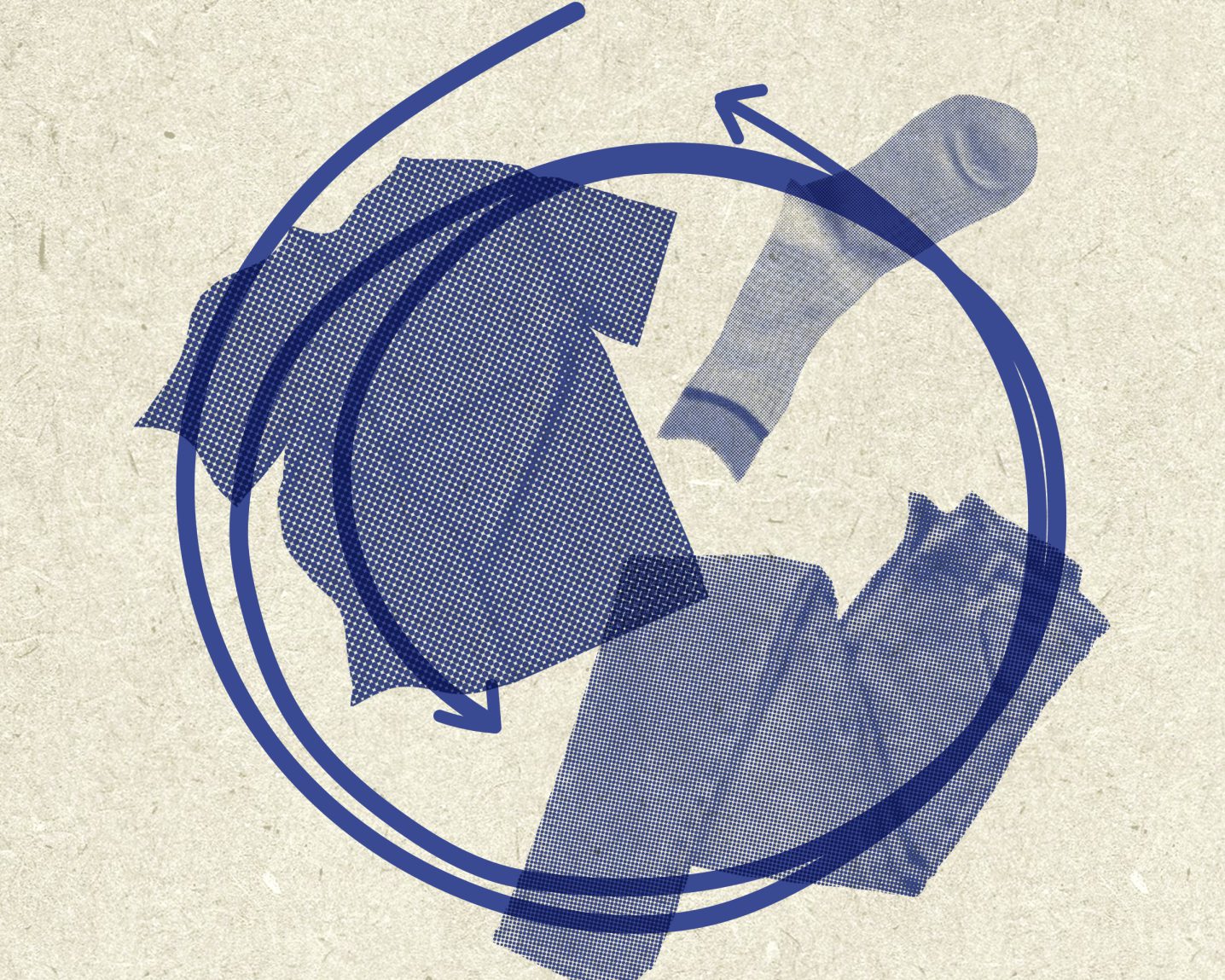Environmental impact of secondhand trade
Environmental impact of secondhand trade
What is the prevented environmental impact generated by sharing platform OLX for reselling (second hand) items? Rebel used an integral model calculating raw materials savings, prevented CO2 emissions, energy and water usage.

The challenge
OLX provides an online platform where users can buy and sell secondhand items. OLX is active in a large variety of countries worldwide. To get an understanding of the prevented impacts of secondhand trade, OLX asked Rebel to model the impact of some main items sold in 20 different countries.
The approach
We modelled the environmental impact for 8 items in 20 markets. Items included are mobiles, tablets, laptops, tv’s, fashion, books, cars and motorcycles. Markets included are Argentina, Colombia, Ecuador, Peru, Indonesia, South Africa, Chile, Mexico, US, Bulgaria, Romania, Portugal, Poland, Bosnia & Herzegovina, Ukraine, Uzbekistan, Kazakhstan, Russia and Turkey. Rebel modelled the lifecycle impact of each item and underlying sub-categories of items for each market.
Additionally, Rebel provided an item-specific lifespan extension analysis to conduct what factor of lifespan extension is ‘caused’ by trade on the OLX platform. Combining the item-specific impact with its lifespan extension factor yields an overall prevented environmental impact per item, per market.
Impact
In-depth insights in the environmental impact of stimulating secondhand trade.

